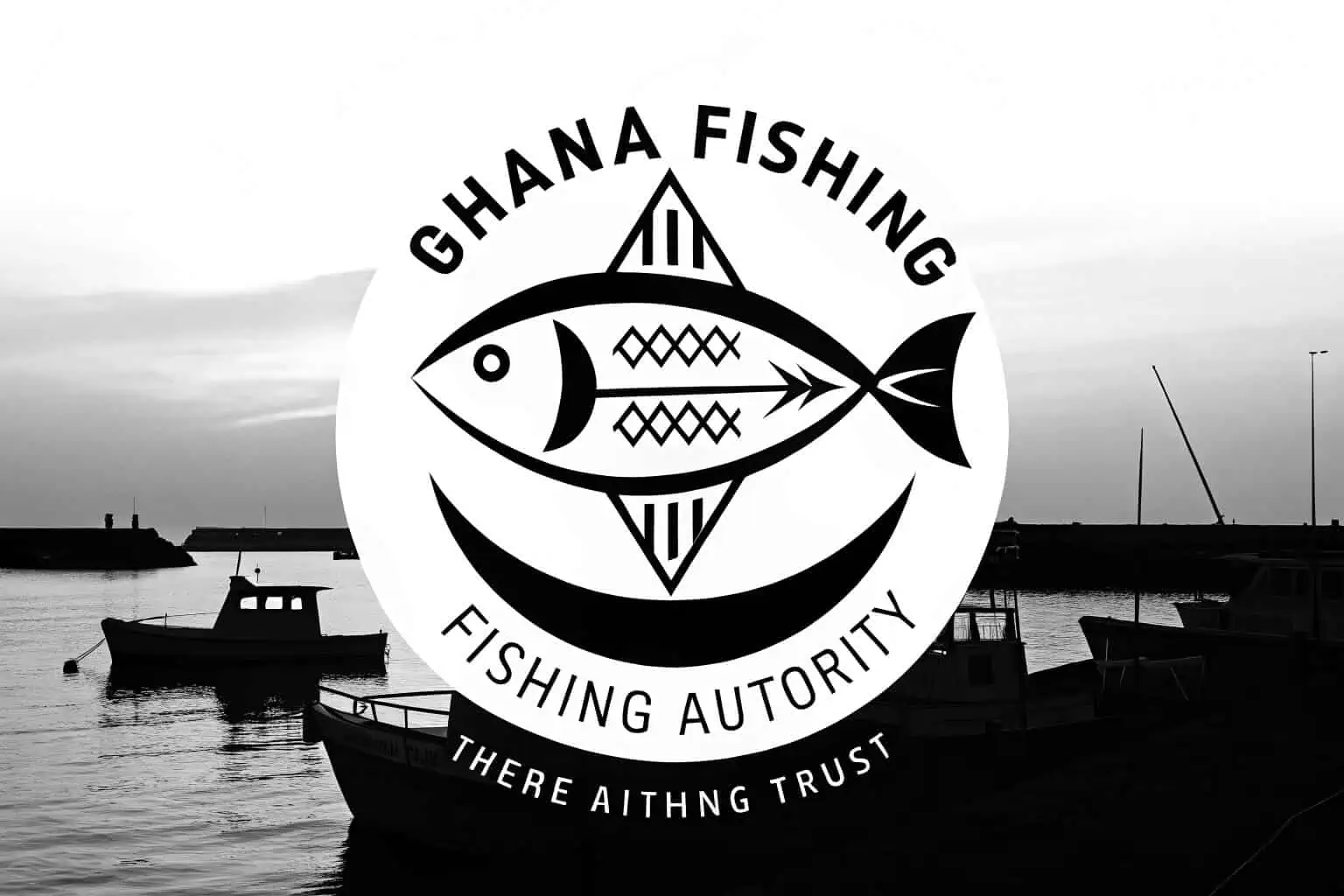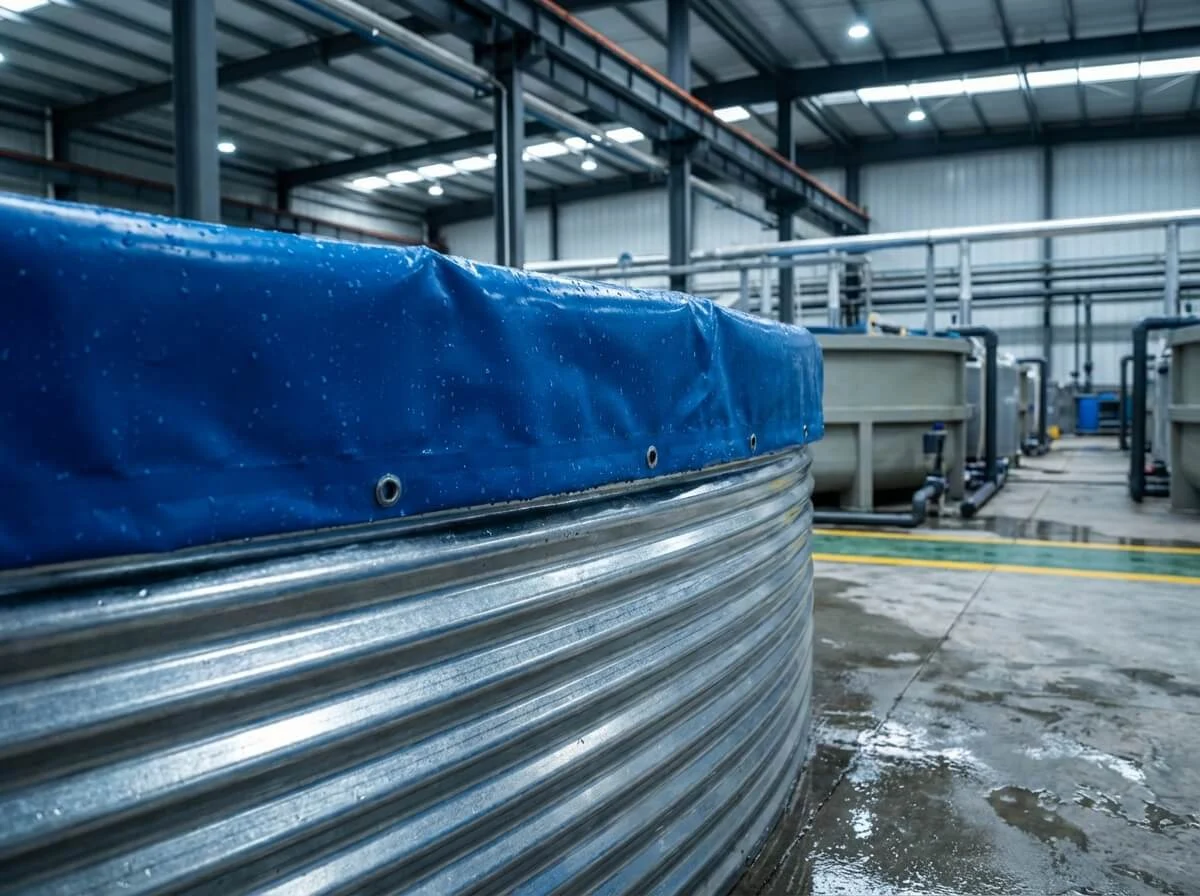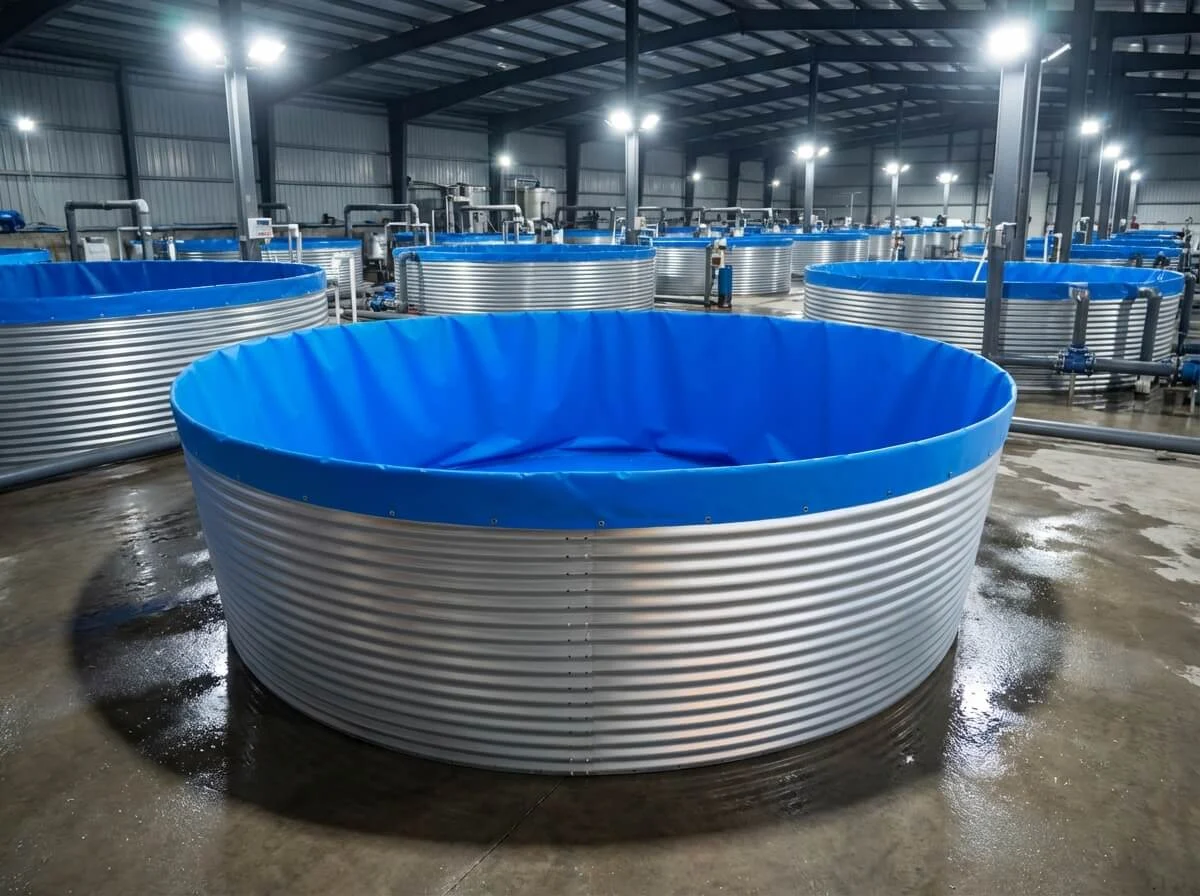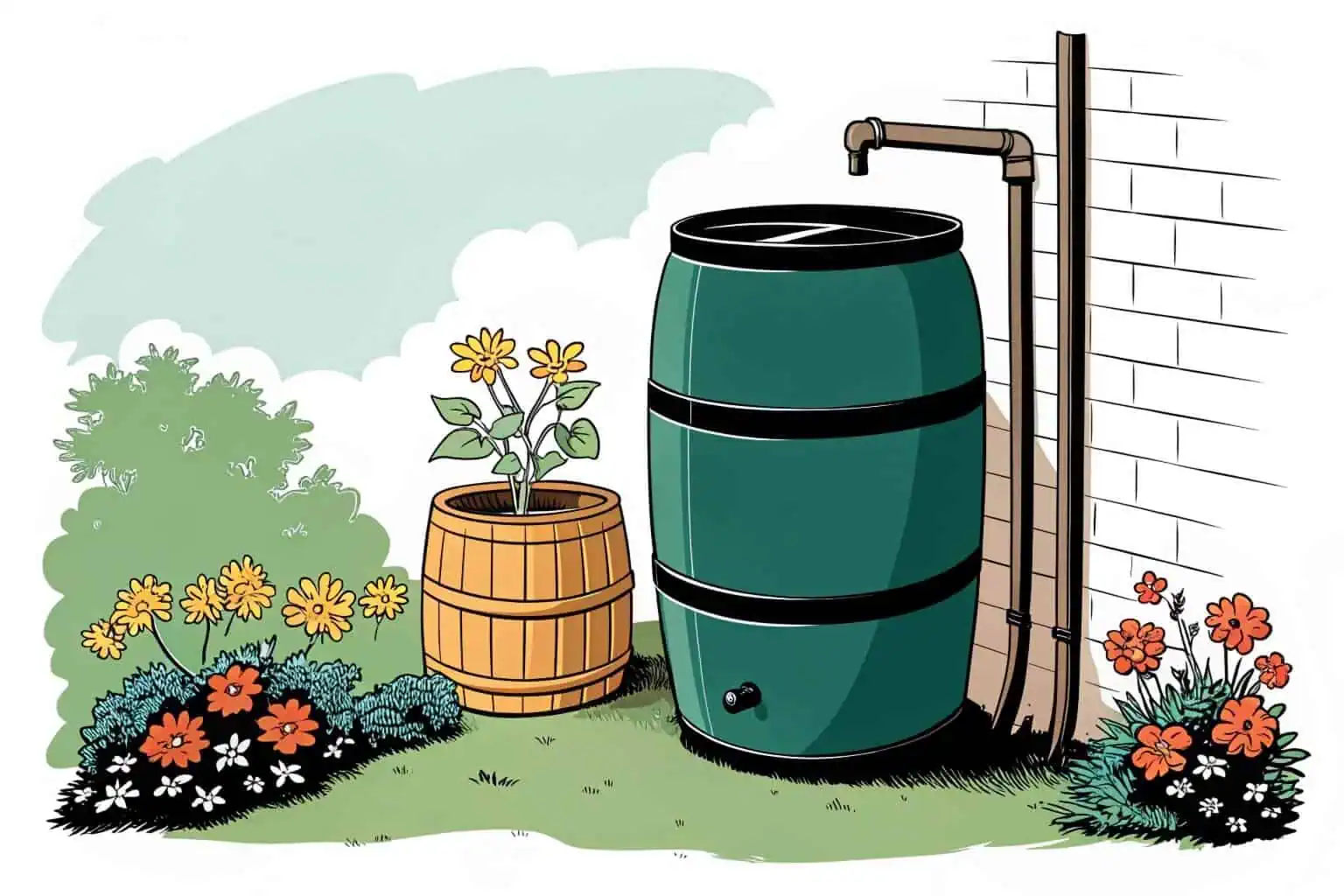Are you a fish farmer in Ghana struggling to grow your business? Wondering if there’s help available? You’re not alone in seeking ways to make your venture more profitable.
Yes, the Ghanaian government offers various support for fish farming, including subsidies, training programs, and infrastructure development, primarily through the Ministry of Fisheries and Aquaculture Development and the National Aquaculture Development Plan.
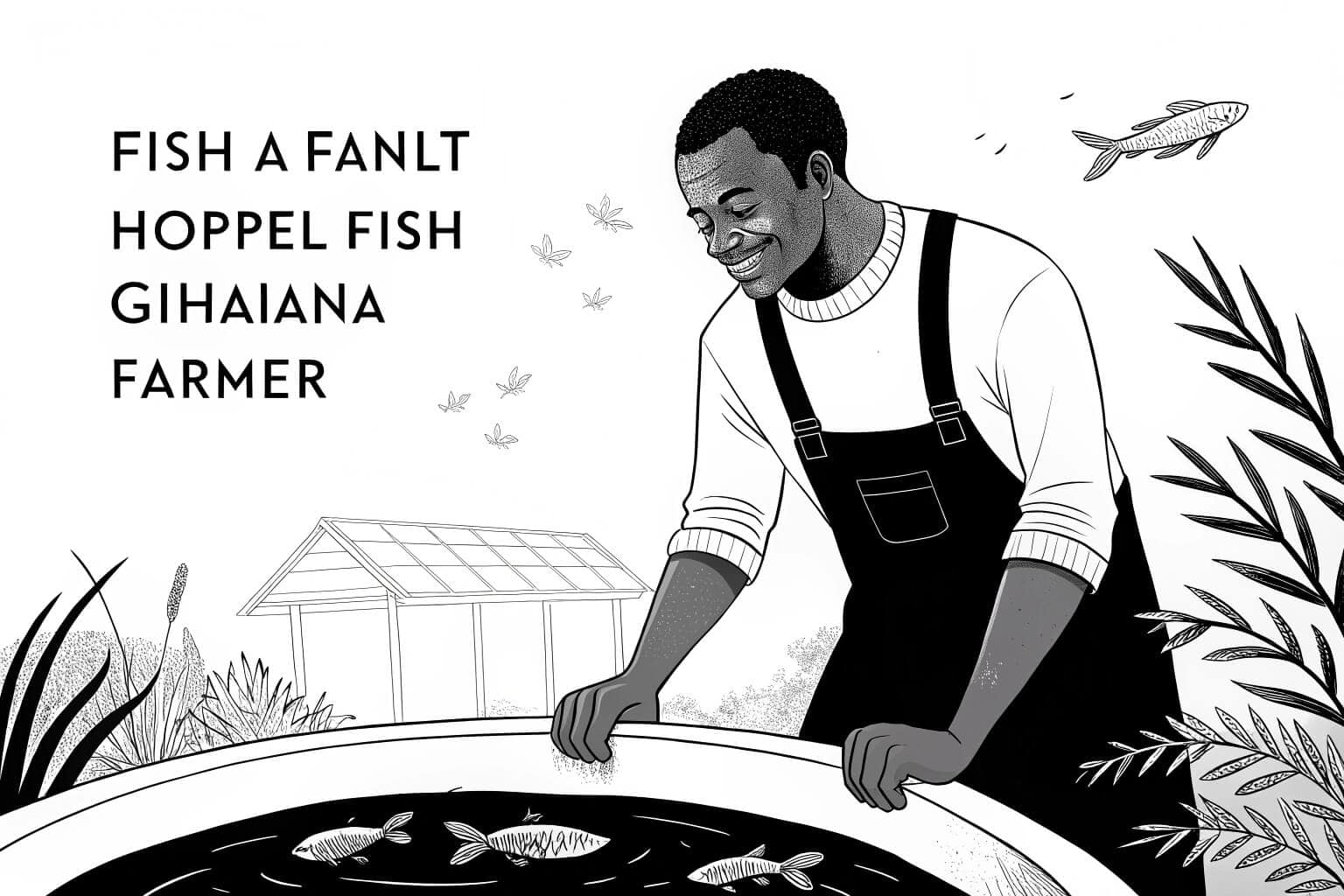
Many in Ghana’s aquaculture sector are looking for ways to expand and improve. It’s a field with great promise, but also one that comes with its own set of hurdles. Let’s explore what the government is doing and how it impacts us on the ground.
What is the Ghana policy on fisheries and aquaculture?
Feeling unsure about the rules and guidelines for fish farming in Ghana? Navigating policies can be tricky, but understanding them is key to success.
Ghana’s policy on fisheries and aquaculture aims to sustainably manage aquatic resources, promote aquaculture development, ensure food security, and improve the livelihoods of those in the sector through regulatory frameworks and development initiatives.
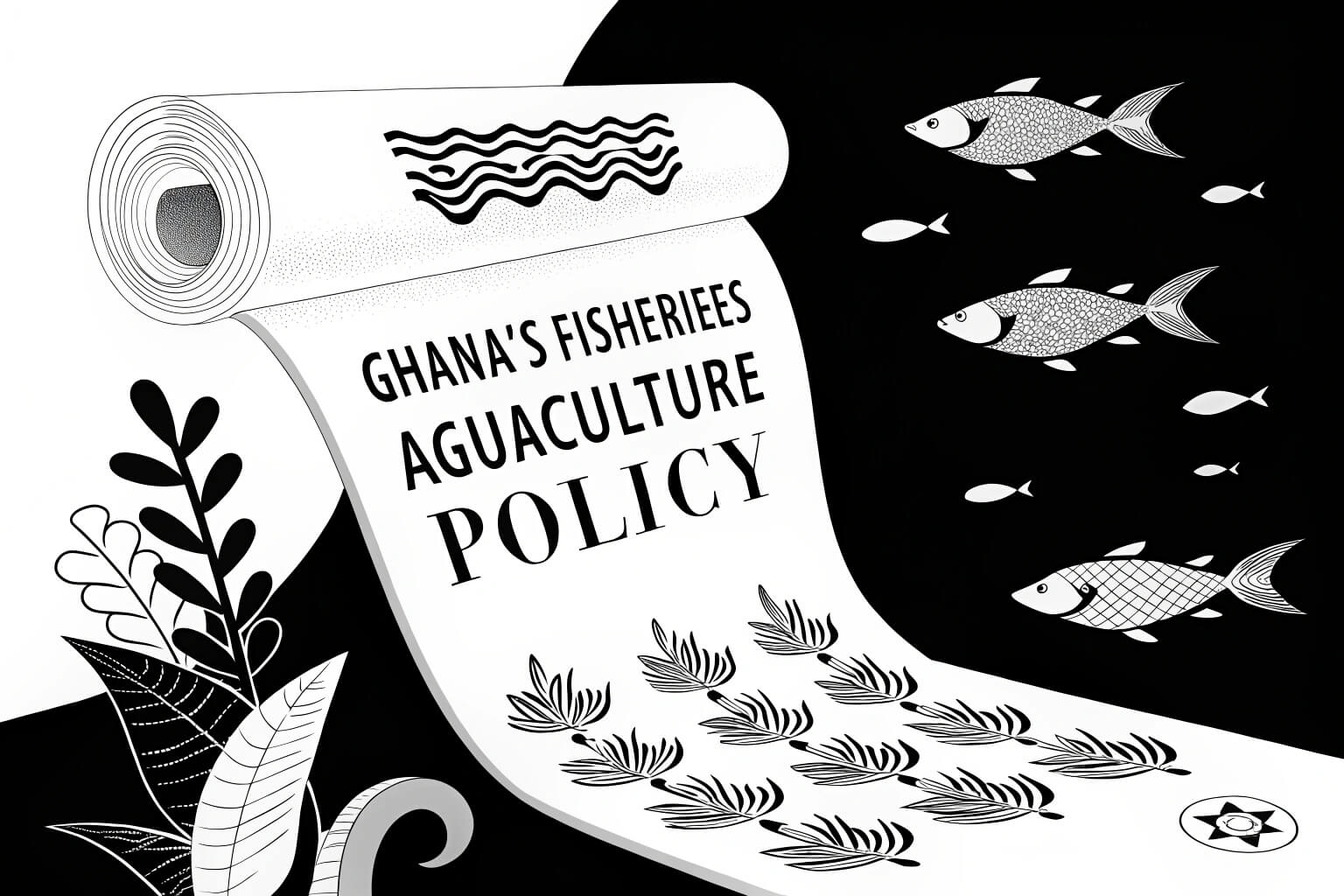
I’ve spent years in this industry, and I’ve seen how policies shape our daily operations. The government’s vision is to create a thriving, sustainable aquaculture sector1. This involves a multi-faceted approach, from setting fishing quotas2 to promoting modern farming techniques. For us fish farmers, this means there are both opportunities and responsibilities. We need to stay informed about these policies to benefit from them and contribute to the sector’s growth. The overarching goal is to make Ghana self-sufficient in fish production and even a key exporter.
Key Objectives of the Policy
The policy isn’t just a document; it’s a roadmap. It outlines several key objectives:
- Sustainable Resource Management3: Ensuring that we don’t overfish and that our aquatic environments remain healthy for future generations.
- Aquaculture Promotion4: Actively encouraging the growth of fish farming as a viable alternative to capture fisheries.
- Food Security5: Increasing local fish production to meet the nutritional needs of the Ghanaian population.
- Economic Empowerment: Creating jobs and improving the income of people involved in the fisheries and aquaculture value chain.
How Does This Affect Me?
As a fish farmer, these policies directly impact my work. For instance, regulations on water use and waste management mean I need to adopt environmentally friendly practices6. On the other hand, initiatives promoting aquaculture can provide access to technical support or financial incentives. I always try to see these policies not as restrictions, but as guidelines that help us build a more resilient and profitable business in the long run. It’s about working with the system, not against it.
What is the fisheries management plan of Ghana?
Are you wondering how Ghana plans to keep its fishing industry healthy and productive? A good plan is essential for long-term success in any industry, especially one reliant on natural resources.
Ghana’s fisheries management plan outlines strategies for sustainable exploitation of marine and inland fishery resources, including measures for stock assessment, effort control, habitat protection, and combating illegal fishing to ensure long-term viability.
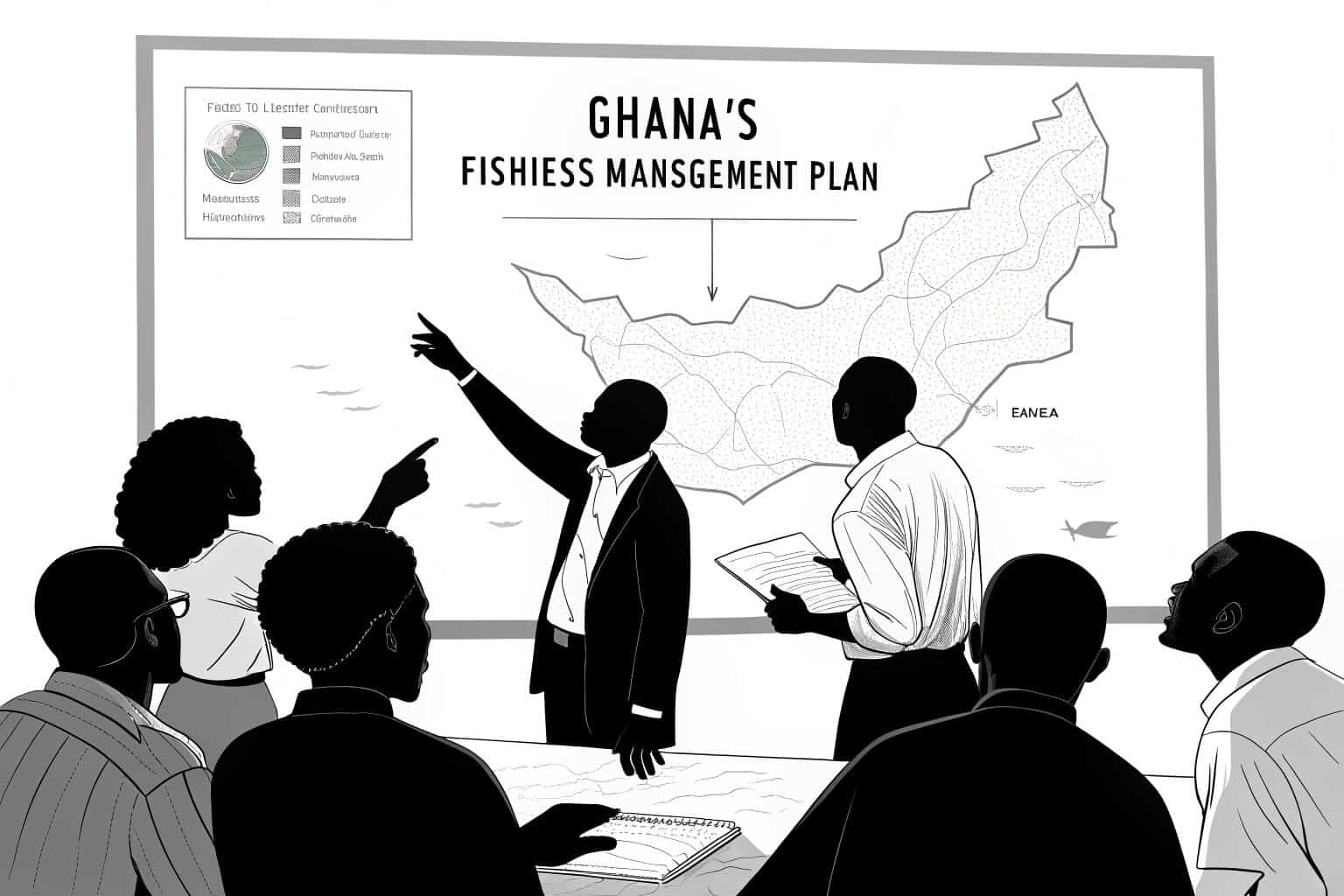
From my experience, a management plan is crucial. It’s like a business plan for the entire sector. The government, through this plan, tries to balance the economic needs of fishing communities with the ecological limits of our waters. This involves tough decisions, like setting closed seasons or gear restrictions. I’ve seen firsthand the challenges in implementing these plans, especially when it comes to monitoring and enforcement. However, without such a plan, we risk depleting our fish stocks, which would be disastrous for everyone involved. The plan also often includes components for developing alternative livelihoods7 for fishing communities, which is an important aspect of sustainable management.
Core Components of the Management Plan
| Component | Description | My Perspective |
|---|---|---|
| Stock Assessment8 | Regularly evaluating the health and size of fish populations to inform fishing quotas and limits. | This is vital. We need to know what we have to manage it properly. Sometimes, data collection can be a challenge. |
| Effort Control9 | Limiting the number of fishing vessels, types of gear, or fishing days to prevent overfishing. | This can be unpopular, but it’s necessary. Finding the right balance is key. |
| Habitat Protection10 | Measures to protect critical fish habitats like mangroves and estuaries from pollution and degradation. | Our fish need healthy homes. I’ve seen the impact of pollution, and it’s a serious concern for our ponds too. |
| Combating IUU | Strategies to fight Illegal, Unreported, and Unregulated fishing, which undermines sustainable efforts. | This is a big one. Illegal fishing hurts everyone, especially us legitimate operators. |
Challenges and Opportunities
Implementing the fisheries management plan isn’t without its hurdles. Limited resources for monitoring, control, and surveillance (MCS)11 are a constant issue. Also, getting buy-in from all stakeholders, especially small-scale fishers, can be difficult. However, I also see opportunities. Increased collaboration between the government, research institutions, and us in the private sector can lead to better data and more effective management strategies. Technology, like vessel monitoring systems, can also play a bigger role. For us in aquaculture, a well-managed capture fishery means less pressure on wild stocks, which can indirectly benefit our market.
Confused about who is in charge of overseeing fishing and fish farming in Ghana? Knowing the regulatory body helps in understanding compliance and support systems.
The primary fishing authority in Ghana is the Fisheries Commission, which operates under the Ministry of Fisheries and Aquaculture Development (MOFAD). It is responsible for regulating and managing the nation’s fisheries resources and aquaculture development.
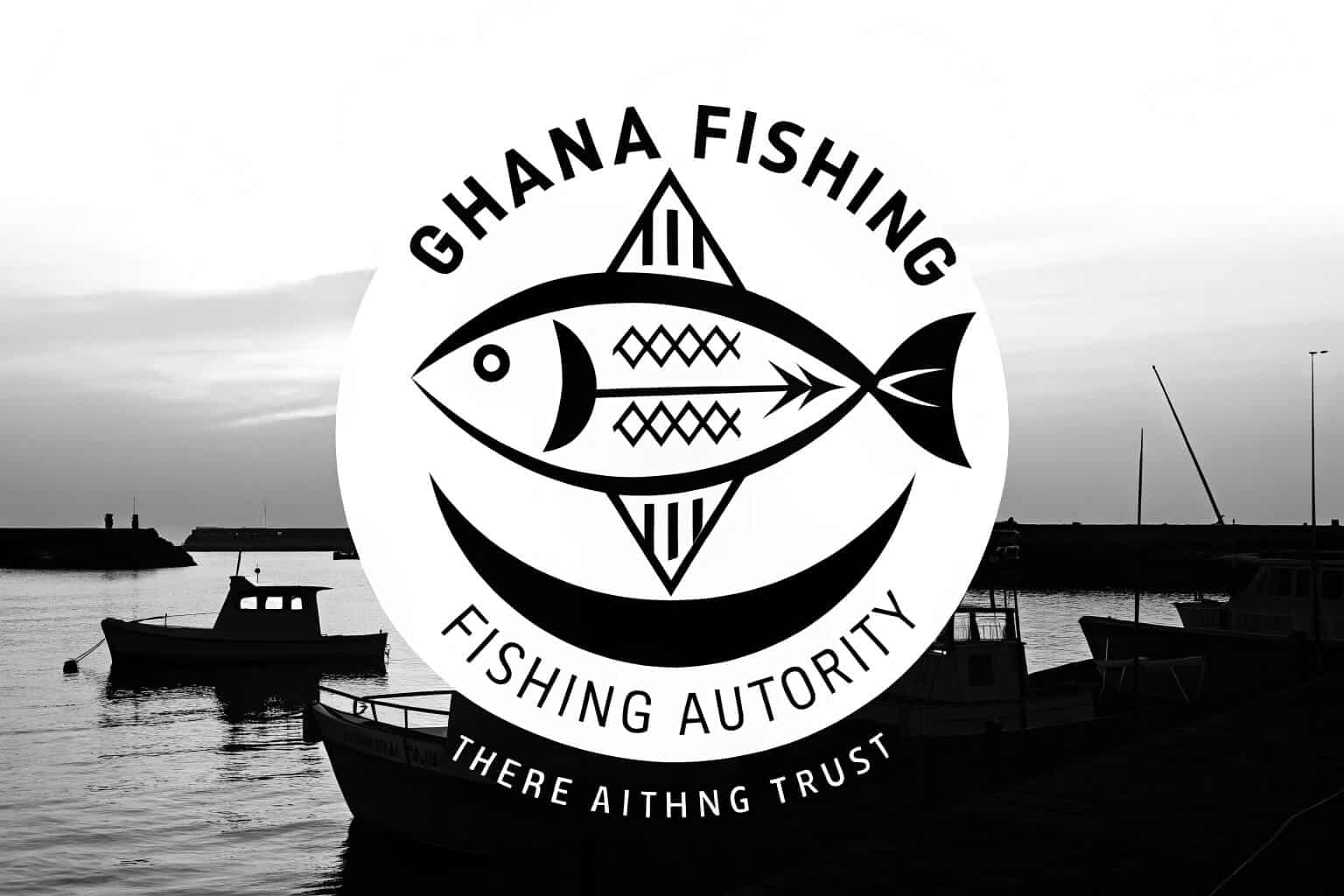
In my dealings as a fish farmer, the Fisheries Commission12 is the main government body I interact with. They are the ones who issue licenses, enforce regulations, and often provide technical advice. Think of them as the referees of the fishing and aquaculture game. Their role is to ensure that everyone plays by the rules and that the resources are managed sustainably. I’ve found that building a good relationship with the local officers of the Fisheries Commission can be very helpful. They can provide valuable information on new regulations, available support programs, and best practices. It’s important to remember they are there to help the sector grow, not just to police it.
Functions of the Fisheries Commission
The Fisheries Commission has a broad mandate. Here are some of its key functions:
- Licensing and Registration13: Issuing licenses for fishing vessels, fish farms, and other related activities.
- Monitoring and Enforcement14: Ensuring compliance with fisheries laws and regulations.
- Data Collection and Analysis15: Gathering information on fish catches, stock levels, and aquaculture production.
- Development and Promotion: Supporting the development of sustainable fisheries and aquaculture practices.
- Policy Implementation: Putting into action the government’s policies related to the sector.
My Interactions
I’ve had to register my farm with the Fisheries Commission, and they occasionally conduct inspections to ensure I’m following environmental guidelines. While sometimes the bureaucracy can be a bit slow, I understand the importance of their work. They also organize workshops and training sessions16, which I’ve found beneficial for learning about new farming techniques and disease management. For anyone looking to get into fish farming in Ghana, the Fisheries Commission is your first port of call for information and registration.
What is the Ministry of Fishing and aquaculture Development in Ghana?
Want to know which government ministry champions the cause of fish farmers and the fishing industry in Ghana? Understanding its role is crucial for grasping the bigger picture of support.
The Ministry of Fisheries and Aquaculture Development (MOFAD) in Ghana is the central government body responsible for the overall policy direction, development, and sustainable management of the fisheries and aquaculture sector.
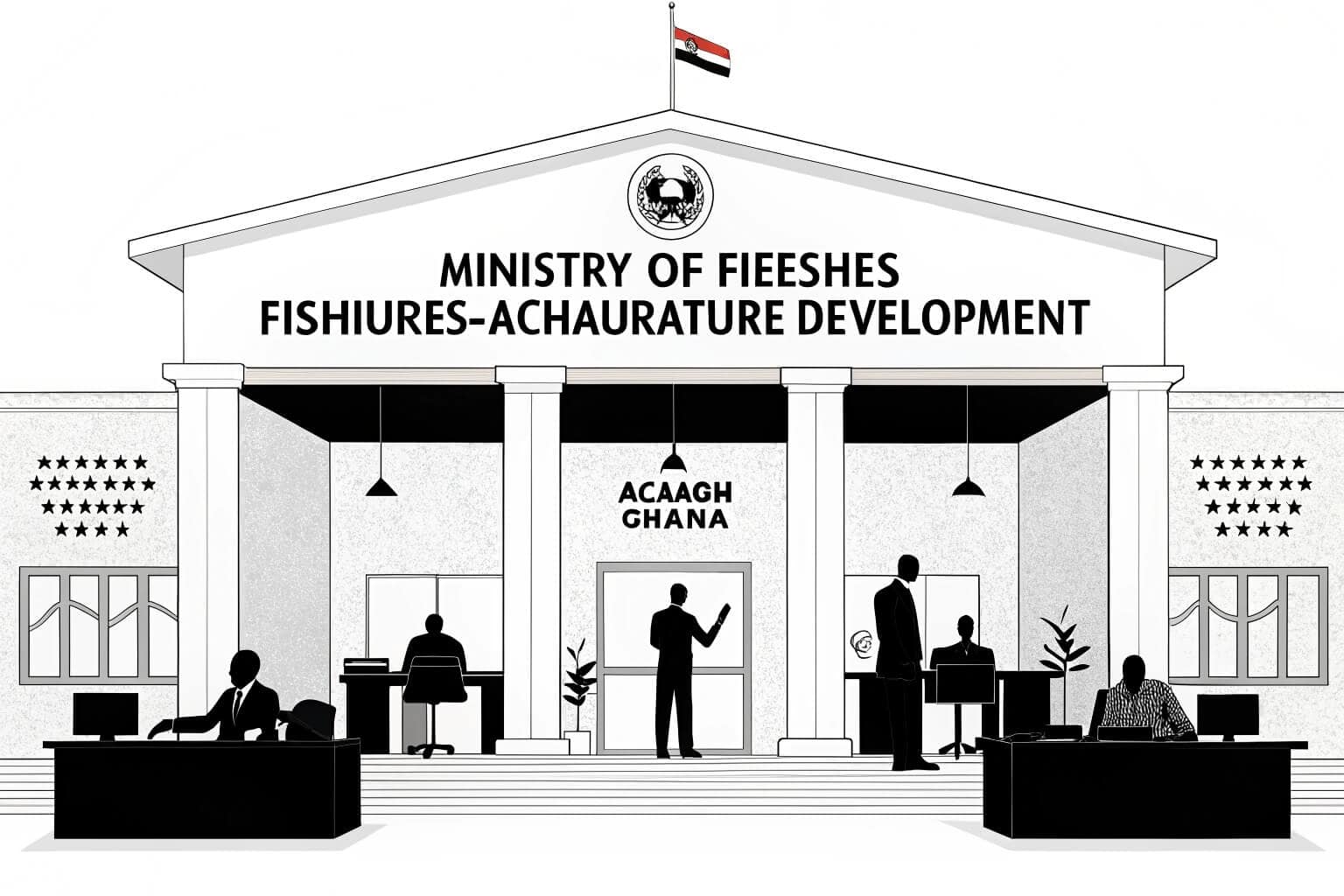
MOFAD17 is essentially the parent body of the Fisheries Commission. While the Commission handles more of the day-to-day regulation and management, MOFAD sets the strategic direction. I see MOFAD as the advocate for our sector at the highest levels of government. They are responsible for formulating national policies, securing funding for development projects, and representing Ghana in international fisheries forums. The National Aquaculture Development Plan (NADP)18, which provides a framework for growing the aquaculture sub-sector, is a key initiative driven by MOFAD. Their work directly influences the kind of support programs, like subsidies or access to credit, that become available to us fish farmers. I believe their commitment is evident, but as I’ve experienced, translating policy into tangible benefits on the ground, especially in rural areas, remains a continuous challenge that requires persistent effort and investment.
MOFAD’s Key Responsibilities
| Responsibility Area | Description | My Viewpoint |
|---|---|---|
| Policy Formulation19 | Developing and updating national policies for fisheries and aquaculture. | This sets the stage for everything. Good policies are the foundation for a thriving sector. |
| Sector Development | Implementing programs and projects to enhance fish production, processing, and marketing. | This is where we see direct impact – things like training, infrastructure, and access to better inputs. |
| Resource Mobilization20 | Securing financial and technical resources from government budgets, donors, and private investors. | Money talks. Without adequate funding, even the best plans remain on paper. |
| Inter-Agency Coordination | Working with other government agencies, research institutions, and private sector stakeholders. | Collaboration is key. No single entity can solve all the challenges in our complex sector. |
| International Cooperation21 | Engaging with regional and international bodies on fisheries management and trade issues. | Fish don’t respect borders, and neither does the market. International cooperation is important for sustainability and market access. |
The Impact of MOFAD’s Work
MOFAD’s efforts, like the NADP, aim to transform aquaculture from a subsistence activity into a commercial enterprise. This includes promoting private sector investment22, improving access to quality fish seed and feed, and enhancing research and technology transfer. As someone deeply involved, I’ve seen the potential. However, the journey is ongoing. We need sustained investment, particularly in infrastructure like roads and cold storage, to truly unlock the sector’s potential. Access to affordable credit and insurance for fish farms also remains a significant hurdle that MOFAD is working to address. The Ministry’s role is pivotal in creating an enabling environment where businesses like mine can flourish and contribute to Ghana’s food security and economic growth.
Conclusion
Ghana’s government, through MOFAD and the Fisheries Commission, provides significant support and a framework for fish farming, aiming for sustainable growth, though challenges in implementation and resource access persist.
- Explore this link to understand the latest strategies and innovations that can help enhance sustainability in aquaculture, benefiting both farmers and the environment. ↩
- This resource will provide insights into the significance of fishing quotas and their role in promoting sustainable fish farming practices. ↩
- Explore this link to understand effective strategies for managing aquatic resources sustainably, ensuring a healthy environment for future generations. ↩
- Discover how promoting aquaculture can provide sustainable alternatives to traditional fishing, benefiting both the economy and the environment. ↩
- Learn about the critical link between local fish production and food security in Ghana, and how it addresses nutritional needs effectively. ↩
- Exploring this resource will provide insights into sustainable methods that can enhance your fish farming operations. ↩
- Learning about alternative livelihoods can inspire innovative solutions to support fishing communities during transitions. ↩
- Understanding Stock Assessment is crucial for sustainable fishing practices and ensuring fish populations thrive. ↩
- Effort Control is essential for balancing fish populations and maintaining a healthy ecosystem, making it worth exploring. ↩
- Habitat Protection is vital for sustaining fish health and biodiversity, and learning more can enhance conservation efforts. ↩
- Explore this link to understand effective MCS practices that can enhance fisheries management and sustainability. ↩
- Explore this link to understand the vital role the Fisheries Commission plays in supporting sustainable fish farming practices and regulations. ↩
- Understanding the licensing process is crucial for compliance and successful operation in the fishing industry. ↩
- Exploring this topic can provide insights into how regulations are upheld and the importance of sustainable practices. ↩
- Learning about data collection methods can enhance knowledge of fisheries management and sustainability efforts. ↩
- Discover various workshops and training opportunities that can enhance your fish farming skills and knowledge. ↩
- Discover how MOFAD advocates for the fisheries sector and its impact on national policies and international representation. ↩
- Explore this link to understand how the NADP shapes aquaculture growth and supports fish farmers in Ghana. ↩
- Explore this link to understand how effective policy formulation can enhance fisheries and aquaculture sectors. ↩
- Discover strategies for securing funding and resources essential for successful fisheries initiatives. ↩
- Learn about the significance of international collaboration in ensuring sustainable fisheries and trade practices. ↩
- This link will help you understand the role of private investment in transforming aquaculture into a thriving industry, essential for economic growth. ↩

